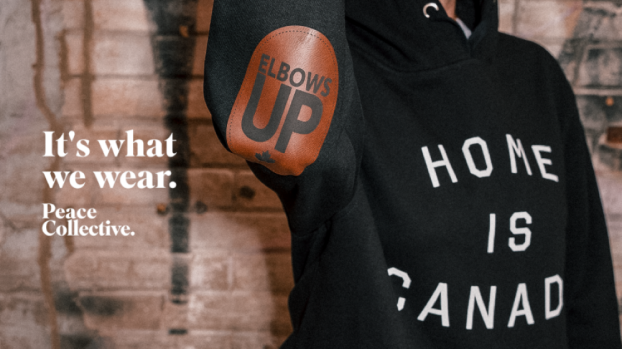Sleep Country Canada’s iconic jingle asks: “Why buy a mattress anywhere else?”
Well, in an ever-changing and ultra-competitive retail landscape, the Vancouver-born retailer has been selling one of its brands elsewhere. The 25-year-old company is aiming to keep up with the times via its first-ever pop-up shops for one of its mattress-in-a-box brands, Bloom.
This month, Sleep Country placed Bloom mattresses inside two Toronto-area Walmart stores, inviting people to sample any of the four Bloom beds, pillows, toppers and platforms. There were also “Sleep Country’s Sleep Experts” in stores to answer queries from potential customers.
Even in today’s click-and-buy world, customers still often want to “touch-and-feel” items, particularly mattresses which tend to cost a fair amount and will be in someone’s bedroom for years to come, notes Stewart Schaefer, Sleep Country’s chief development business officer.
The two pop-ups were strategically timed for back-to-school, specifically targeting those going off to college and university this August and September. And since prices for the Bloom mattresses sit on the lower-end (for example, a Twin bed starts at $295), Schaefer says Walmart was a natural fit for the brand, allowing it to reach “value-conscious” customers.
While there was an iPad located in the pop-up shops so that people could order on the spot, Schaefer says the two activations within Walmart stores were more about raising brand awareness than sealing the deal on the spot. Today, most people will test the Bloom mattress, and then go home to research online, before finally making a purchase decision, he says. In acknowledgement of that, an offer to get up to $200 off certain Bloom mattresses kicked-off the same day as the in-store pop-ups, but runs until Sept. 10.
Sleep Country launched Bloom online-only back in 2017 and since then, the mattress-in-a-box concept has become the retailer’s fastest-growing brand, says Schaefer.
Of course, Bloom is far from the only game in town these days. American co. Casper started in 2014 and pioneered the idea of selling mattresses online, which just a few years ago seemed unthinkable. Since then, the direct-to-consumer brand has opened a Canadian office. The other main player in Canada, Endy, was purchased by Sleep Country last year. There’s been a slew of other homegrown brands popping up in recent years, from Serta teaming up with Canadian Tire to the launch of Peterborough, Ont.’s Hamuq.
While many of those brands were born online, most (including Bloom) have taken an omnichannel approach to cater to those who want to try before they buy, says Schaefer. And Sleep Country intends to continue investing in a mix of digital and traditional marketing to promote both Bloom and Endy, which has a higher price point (starting at $675 for a Twin, the same price as the cheapest mattress from Casper), explains Schaefer.
So far, this modernization strategy has paid off for the legacy retailer. Revenue increased 15.9% to $166.6 million in the second quarter of 2019, up from $143.7 million in Q2 2018, according to a company press release. It attributed the strong results to the company’s “omnichannel strategy and growth-focused investments in partnerships and product development,” in particular “exposure to an expanding customer base resulting from new partnerships, such as Walmart and Urban Barn.”
“It is clear that our omnichannel strategy is working, and we look forward to expanding our reach and forming new partnerships that resonate with Canadians,” said Dave Friesema, CEO of Sleep Country Canada, in the press release. Schaefer notes that, while nothing is set in stone, he anticipates more pop-up shops to come based on results from the pilot activations.
The Bloom shops were handled internally, while North Strategic led PR.

























